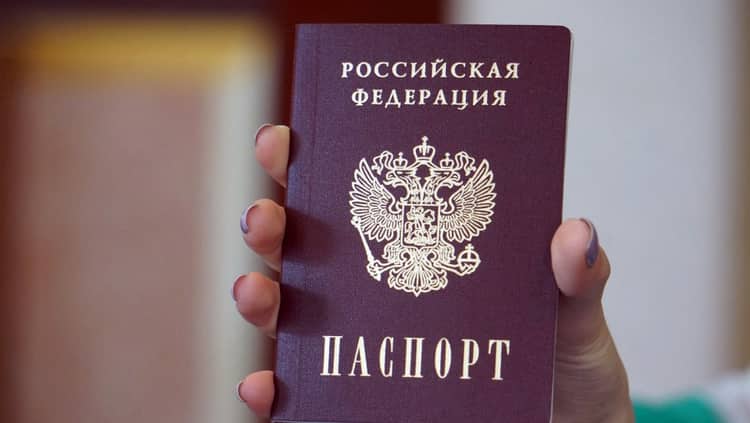The Diplomat
European Union countries agreed yesterday to suspend the visa facilitation agreement with Russia in its entirety, which will mean a significant reduction in the number of permits for Russian citizens to enter the EU and more obstacles to obtaining them.
Following the informal meeting of foreign affairs ministers held on Tuesday and Wednesday in Prague, the EU’s High Representative for the Common Foreign and Security Policy, Josep Borrell, announced that, following the invasion of Ukraine by Russia, “the Member States consider that they cannot continue with business as usual“, and so they agreed that “politically” something had to be done, and specifically, a measure that affects Russian tourism to Europe as a destination.
Borrell explained that with this step it will be “more difficult and take longer” to obtain visas. “The number of visas will be reduced,” he said, while affirming that there is a common approach in the EU that will prevent Russian citizens from taking advantage of the lack of coordination between countries to obtain travel permits.
In addition to these obstacles, the measure will make it more expensive for Russian citizens to obtain a permit for a 90-day stay.
The suspension of the visa facilitation agreement with Russia has ended up being the meeting point between those member states that called for a total ban on the entry of Russians into the EU, such as the Baltic states, and those that called for greater selectivity.
“These agreements are made to make things easier, and if they are ended there will be no more ease, it will be more difficult to get visas. It will be possible to get them, but in smaller numbers”, Borrell told a press conference.
On the border controls that some member states, such as Estonia, already apply to stop Russian citizens arriving on European soil, Borrell explained that the EU-27 can adopt a wide range of measures within the framework of the Schengen code.
In this way, he opened up the possibility for member states to take measures at national level on visas and border controls, depending on the situation they face, in order to regulate the border.
As for visas already issued, member states decided to mandate the European Commission to study the situation and provide guidance for possible restrictions.
The arrival of tourists from Russia has become “a security issue” for the EU’s neighbouring countries, such as the Baltic states and Finland, Borrell admitted, adding that this summer Russian citizens have been seen travelling for leisure to Europe, “as if there were no war in Ukraine”.
Spanish position
For his part, the Minister of Foreign Affairs, José Manuel Albares, welcomed the fact that the EU-27 have been able to find a “balance” between the opposing positions.
Albares acknowledged that in the current circumstances due to the Russian invasion of Ukraine, there cannot continue to be “normality” in the issuing of visas and continue to allow “certain people to come, buy and spend their summer holidays without any difficulty in the EU”.
At the same time, however, he argued that “those sectors of Russian society that do not agree with what is happening”, young people, students and artists, and also those “who are being persecuted by Vladimir Putin’s regime and who need our protection”, should continue to be allowed to come to Europe.







